Specialist Doctor 2 Huynh Tan Vu (Daytime Treatment Unit, University of Medicine and Pharmacy Hospital, Ho Chi Minh City - Facility 3) said that squash blossoms are also known as pumpkin flowers, pumpkin flowers. In addition to the diverse benefits of being able to prepare many delicious dishes, squash blossoms It is also a precious medicinal herb in Oriental medicine and has been used as medicine for a long time.
Pumpkin belongs to the Cucurbitaceae family and the Cucurbita genus, the plant has male and female flowers growing separately in the leaf axils. Male flowers have long, hollow stems 10-15cm, large, yellow flowers. Female flowers have short, thick stems, spherical ovaries containing many ovules, yellow corolla. In Vietnam, this is a familiar crop from north to south. The plant is grown from seeds almost all year round, highly adaptable to hot and humid tropical climates.
"In traditional medicine, pumpkin flowers are a sweet, cold food with many uses such as cooling the blood, nourishing the liver and kidneys, treating diseases such as impaired liver and kidney function, impaired vision, urinary tract infections... Therefore, this special dish often appears on the dinner table of many families on summer days," Dr. Vu shared.
Additionally, pumpkin flowers are used therapeutically as a remedy for wound injuries, fevers due to their antibacterial and anti-inflammatory properties, male infertility, cataracts and bone tumors due to their higher concentrations of calcium, vitamin C, crude fiber, potassium and beta carotene.
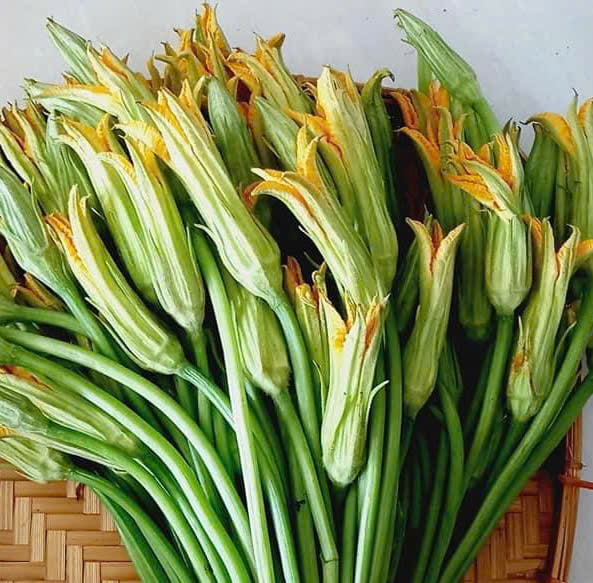
In traditional medicine, pumpkin flowers are a sweet, cold food.
Antibacterial effect
Quercetin extracted from pumpkin flowers helps protect against bacterial infections. Studies have shown that quercetin effectively inhibits the growth of E. coli, S. aureus, and P. aeruginosa. The minimum inhibitory concentration values range from 2.07 to 8.28 mg/mL. According to studies, quercetin mainly follows the mechanism of destroying the bacterial cell wall and changing its permeability by affecting protein synthesis and expression, ultimately hindering metabolism.
Anti-inflammatory effect
Pumpkin flowers are rich in beta carotenoids and quercetin, which have anti-inflammatory properties.
Anti-cancer effects
Because pumpkin flowers are rich in antioxidants (carotenoids, gallic acid and quercetin), they have a preventive effect on cancer, especially osteosarcoma. The antioxidant activity of pumpkin flowers is 51.65%.
Wound healing
Although the antibacterial activity of pumpkin flowers may also contribute to wound healing, the high potassium and sodium content in pumpkin flowers is an important factor in wound healing.
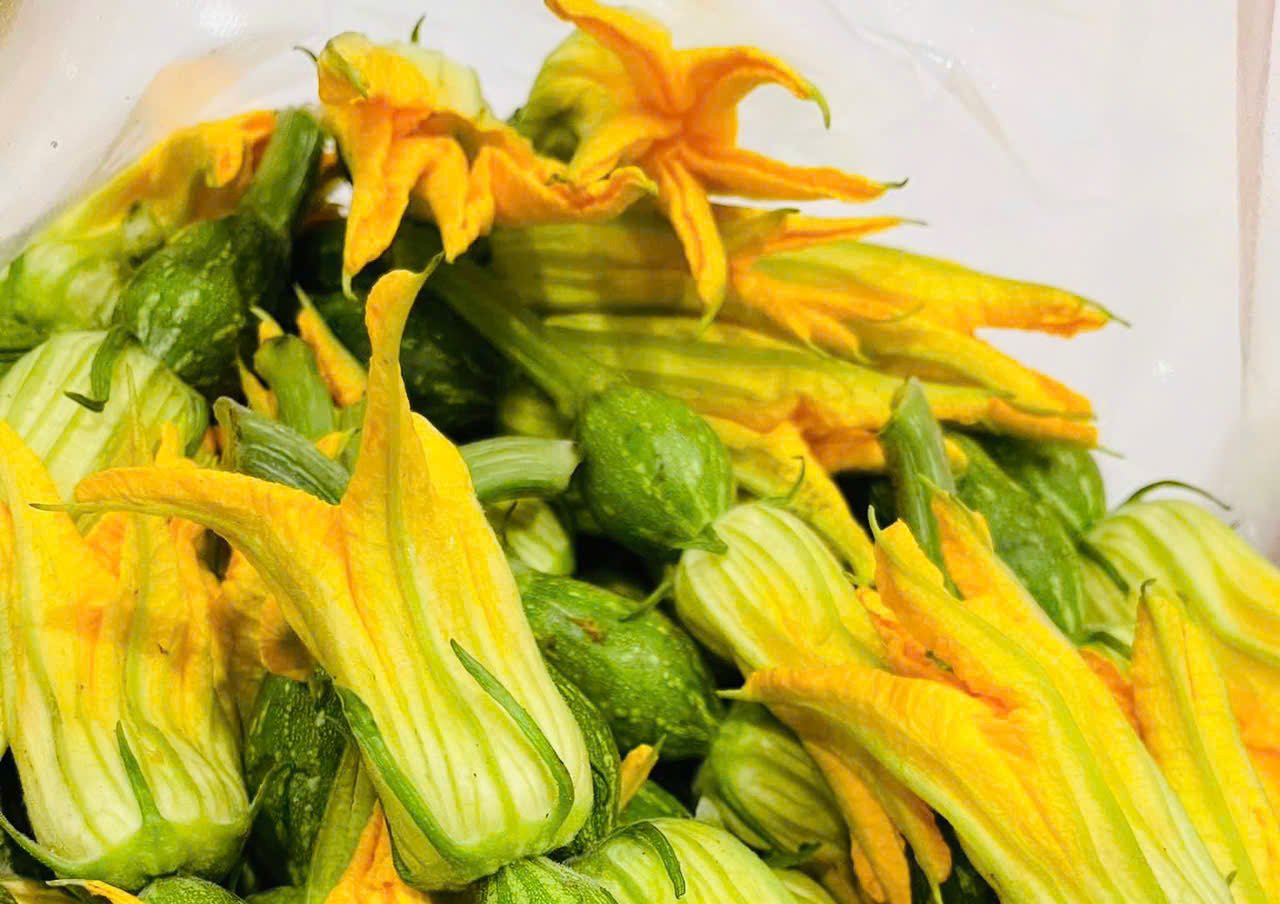
Pumpkin flowers are rich in antioxidants.
Male infertility
Ions (K +) help sperm to increase the release of acrosome enzymes that penetrate the zona pellucida of the egg during fertilization. In addition, calcium ions have a direct effect on sperm motility. Pumpkin flowers are rich in both of these minerals, thereby helping to prevent male infertility.
Regulates blood pressure and prevents atherosclerosis
Since pumpkin flowers are a rich source of potassium and crude fiber, their effects on blood pressure regulation and prevention of atherosclerosis can be studied in respective aspects.
Dr. Vu noted that side effects from pumpkin products are rare, but can include stomach upset, diarrhea, and nausea. It can also cause itching, rashes, and allergic reactions in some people. In addition, pumpkin flowers are cold in nature, so people with indigestion and cold hands and feet should not use them. In addition, due to the high fiber content in pumpkin flowers, people with digestive disorders should limit their use.
"Pumpkin flowers are a very healthy vegetable, but use them in moderation and consult a nutritionist or doctor to ensure safety and maximize the wonderful health benefits," Dr. Vu recommends.
Source: https://thanhnien.vn/bac-si-tiet-lo-nhung-loi-ich-tuyet-voi-cua-hoa-bi-ngo-185240927162514674.htm



![[Photo] Welcoming ceremony for Prime Minister of the Kingdom of Thailand Paetongtarn Shinawatra on official visit to Vietnam](https://vphoto.vietnam.vn/thumb/1200x675/vietnam/resource/IMAGE/2025/5/16/cdd9e93739c54bb2858d76c3b203b437)
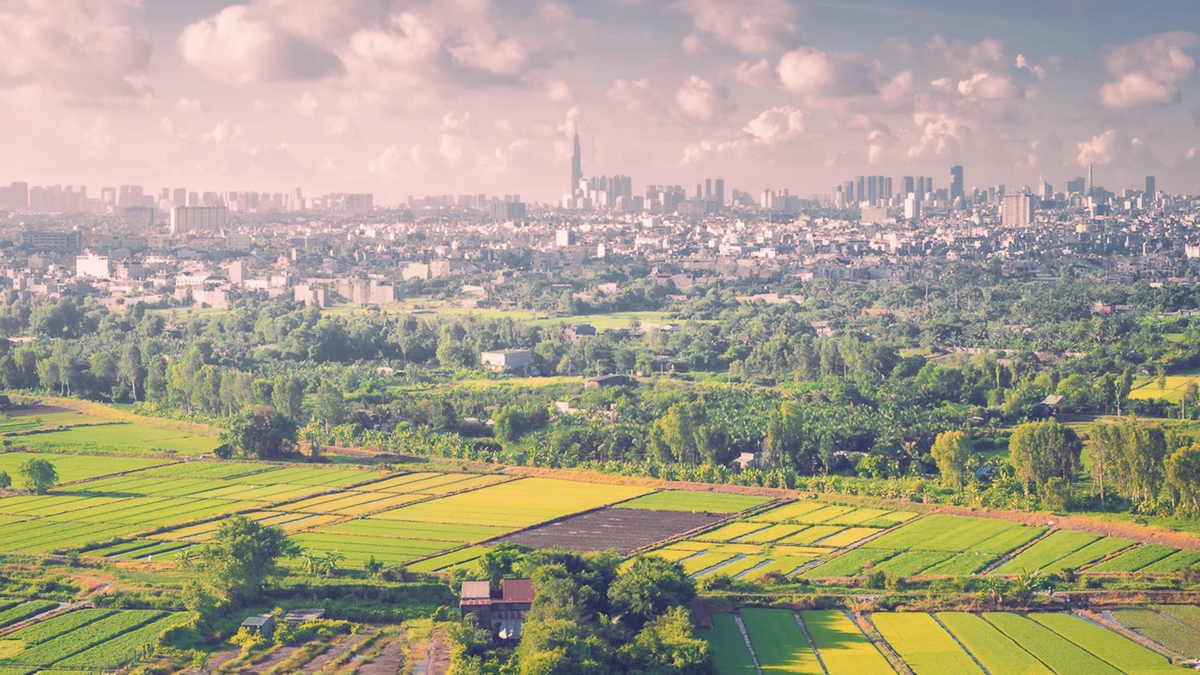
![[Photo] Prime Minister Pham Minh Chinh holds talks with Prime Minister of the Kingdom of Thailand Paetongtarn Shinawatra](https://vphoto.vietnam.vn/thumb/1200x675/vietnam/resource/IMAGE/2025/5/16/23b5dd1e595d429491a54e3c1548fb79)






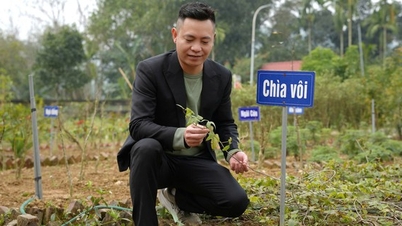


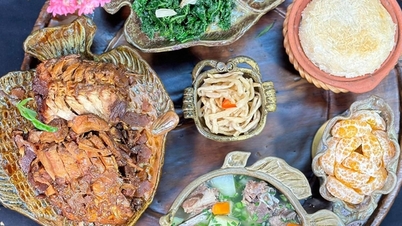

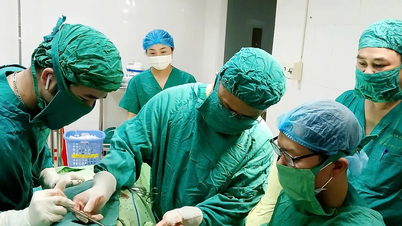

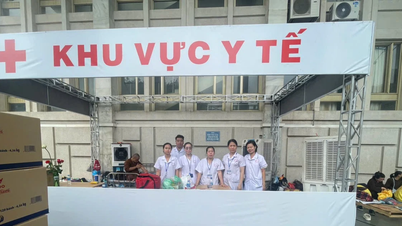



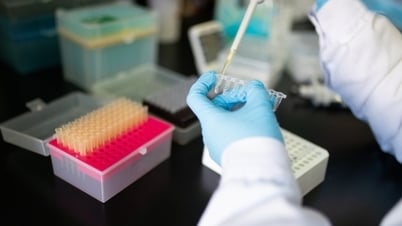

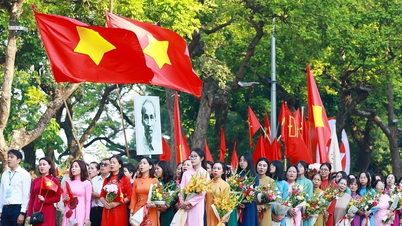
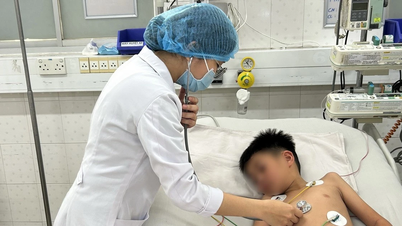





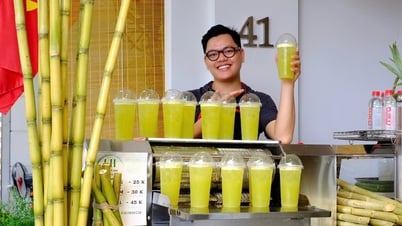







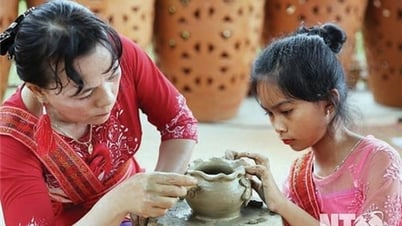


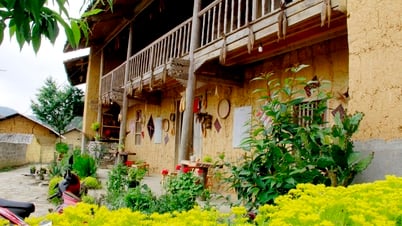






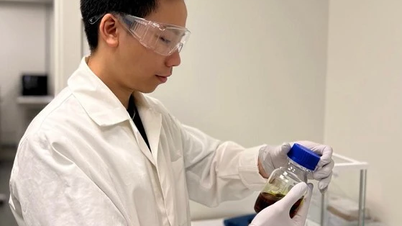



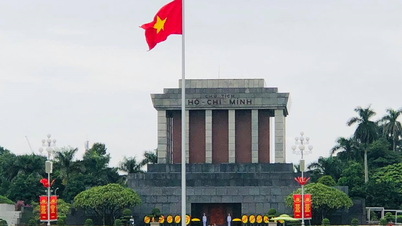

















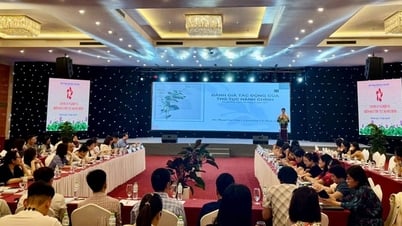












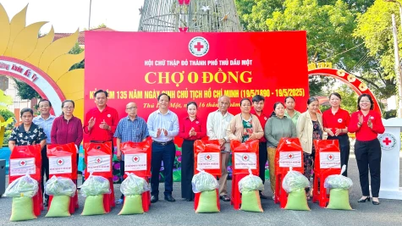











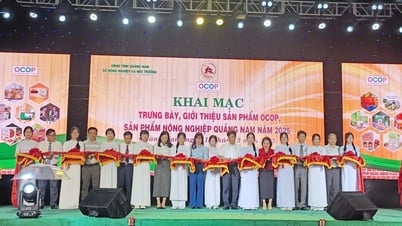

Comment (0)